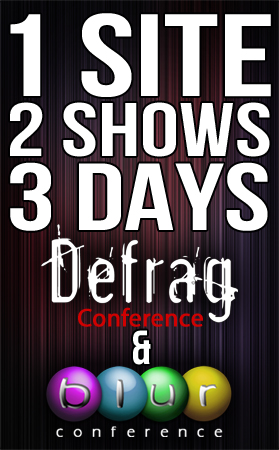Like everyone else I know, I’m saddened by the news of Steve Jobs’ passing. The morning’s got a surreal quality to it, as the tech world collectively immerses itself in speeches, stories, memories, inspirations and grief.
Personally, I’m coming back from our normal, scheduled “take a few days off when you’re 30 days out” long weekend. This time it was in Key West. And that’s providing an interesting backdrop as I sort through my own feelings around Jobs.
If you’ve never been to Key West and you’re an entrepreneur (and a fan of history), go. What looks now like a 4×2 mile island that is drowning in tourist schlock (there are 230 bars/restaurants on the island), has an underlying foundation of pure entrepreneurialism. Key West’s isolation and strategic location (for pirates, navies, wreckers and shipping) resulted in an onslaught of newcomers (“fresh blood”) that was constantly coming seeking their fortunes. From bahamian immigrants (when british slavery ended) to the sponge industry to wreckers (people that rescued crews and ships off of Key West’s dangerous reefs), the early history of Key West is one continuous wave after another of starters and doers. At one point in time (the 1850′s), Key West was Florida’s second largest city, and the highest wealth per capita of ANY city in the United States. The population just oozed entrepreneurs. And the lack of living space brought with it one over-whelming characteristic: open-ness and tolerance.
One instructive figure in the history of Key West was Henry Flagler. Flagler made his money alongside Rockefeller and Standard Oil, but he made his reputation in Florida. Known as the father of Miami and the founder of Palm Beach, at a late stage of life, Flagler was still starting. So much so that he decided to build something that was seemingly impossible: a railroad that went out across the Florida straits and down to Key West (in 1905). Not only was it a feat of engineering and resources, it was a sheer test of Flagler’s will. In his late 70′s, he was taking out loans to complete the railroad because “if I don’t do it, no one else will.” The railroad to Key West changed not only the island, but the island’s ability to be reached. And thus, it changed Key West from purely isolationist into something that could influence the outside world (more directly).
Key West grew up to become home to artists, cigar makers, writers (Hemingway), Presidents (Truman), scalawags (Captain Tony), and musicians (Jimmy Buffett). It *has* become a tourist destination, but the bedrock of the island is an entrepreneurial base. Of course, now kids go there to take bar tending jobs and play music (or live the “island lifestyle” - one that usually involves serious abuse of one’s liver). But that’s really not the full story.
So, coming out of Key West, I read Brad’s post on entrepreneurial density and then Steve Jobs dies.
And all of it is coalescing to get me expanding my own thinking again. Too often we get stuck into the daily pattern of running things. A pattern that can wear you down a bit if you’re not careful. Lately, it has done just that to me.
I’m going to spend a few days enlarging my own vision of what I want to create, what I can start anew, what I can contribute to the grand experiment. I’m going to read about Steve Jobs and think about his vision, drive and genius, and mix it together with the similar visionaries that took a dangerous, mosquito-laden, isolated island and transformed it into one of the most prominent pieces in the history of American commerce.
And I’m going to take that thinking and apply it to the last month of planning leading up to Defrag. I hope you’ll join us.

